Top Class Actions’s website and social media posts use affiliate links. If you make a purchase using such links, we may receive a commission, but it will not result in any additional charges to you. Please review our Affiliate Link Disclosure for more information.
A class action lawsuit recently filed in California accuses Amazon of falsely marketing and selling defective and potentially dangerous lithium-ion 18650 batteries and products containing them.
According to the class action lawsuit, Amazon makes several false claims about the lithium-ion batteries and their safety features such as protective circuits and voltage cutoffs.
The plaintiffs say Amazon fails to inform consumers of the “overall defective, fraudulent, and dangerous nature of the batteries.”
Lithium-ion 18650 batteries are used in a variety of products, the class action lawsuit says, from laptops and cameras to children’s toys and e-cigarettes.
Amazon’s volume of sales and shipments of the lithium-ion batteries are “substantial,” the class action lawsuit says.
Amazon allegedly benefits from the sale of fraudulent batteries and induces consumers to purchase them at lower prices, while at the same time claiming the batteries have a higher capacity or safety features.
The Amazon lithium-ion batteries class action lawsuit says this practice violates several laws: the California False Advertising Law, the California Consumer Legal Remedies Act, California’s Unfair Competition Law and the Washington Consumer Protection Act.
The plaintiffs argue consumers would not have purchased the lithium-ion batteries from Amazon had the company not put out misleading and deceptive information about their quality, capacity or safety features.
According to the class action lawsuit, legitimate rechargeable batteries have safety mechanisms, such as automatic shutoff switches, that minimize the risk of malfunction, fire or explosion and maximize battery life.
Fraudulent rechargeable batteries, however, do not contain such safety measures, making them a potential danger to consumers and the public, the plaintiffs argue.
They say Amazon is aware of the potential safety hazard posed by the batteries, but ignores the risks, choosing instead to keep listing the items and to “deliberately select and use photos to attempt to obscure the fraudulent nature of the products it sells.”
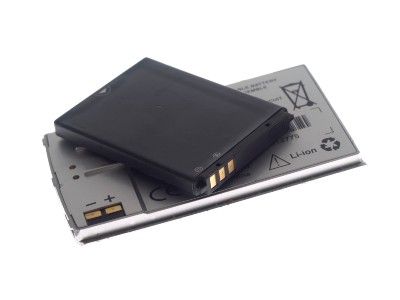
Fraudulent lithium-ion batteries have been known to pose a safety risk, with the potential to cause fires, explosions, injury or death.
The Federal Aviation Administration (FAA) has reported hundreds of incidents involving lithium-ion or unknown batteries in cargo or baggage have caused smoke, fire, excessive heat or explosions, the class action lawsuit says.
Plaintiff Craig Crosby says he bought four products from Amazon.com that contained dangerous lithium-ion batteries and determined the company had misrepresented the products’ safety characteristics.
According to Crosby, Amazon falsely represented that the batteries had “short-circuit and over current protection” and “short circuit, over charge and discharge protection.”
However, when Crosby conducted some tests, he discovered the batteries did not contain the advertised safety features.
One way in which the plaintiffs say Amazon is able to deceive consumers is through use of an Amazon Standard Identification Number (ASIN).
Each product on Amazon has a unique ASIN, the class action lawsuit says.
If a product or seller gets too many negative reviews, the product is removed from the site, the plaintiffs say. However, the identical product can be relisted with a new ASIN without any quality control measures being taken.
As a result, the plaintiffs argue, prior negative product reviews may disappear, meaning consumers looking at the newly listed product have no way of knowing the previously listed identical product garnered negative reviews.
The class action lawsuit also accuses Amazon of blocking or removing negative reviews.
While many lithium-ion-battery incidents go unreported, the U.S. Fire Administration has declared the batteries to be the “root cause” of at least 195 separate fires and explosions between 2009 and 2017, the complaint says.
Forty-nine recalls of high-energy-density batteries were issued from 2012 to 2017, according to Consumer Product Safety Commission data cited by the class action lawsuit. And in March 2018, Amazon recalled 260,000 of its own lithium-ion powered AmazonBasics Portable Power Banks after 53 reports of overheating, fire and property damage.
Attempts at taking action through arbitration, as required by Amazon’s Terms of Use Agreement, have been unsuccessful, according to the plaintiffs.
Plaintiffs Crosby and Christopher Johnson both say they’ve attempted to pursue arbitration, but have received no response from Amazon.
The plaintiffs demand a jury trial and ask the Court to declare that Amazon has violated the law; to award permanent injunctive relief against the company; to award reasonable attorneys fees and costs; and to provide any other relief deemed proper.
Do you suspect a product you purchased contains a fraudulent lithium-ion battery? Tell us about your experience in the comments.
The plaintiffs are represented by Niall P. McCarthy, Eric J. Buescher and Kelsey J. Moe of Cotchett, Pitre & McCarthy LLP.
The Amazon Lithium-Ion Batteries Class Action Lawsuit is Craig Crosby, et al. v. Amazon.com Inc., Case No. 2:20-cv-8003, in the U.S. District Court for the Central District of California.
Read About More Class Action Lawsuits & Class Action Settlements:
Appeals Court Says Amazon Is Liable For Seller’s Exploded Laptop Battery
Retailers Continue to Promote Questionable Antiviral Supplements on Amazon
Exxon and PBF Energy Reach $4.4M California Wage and Hour Settlement

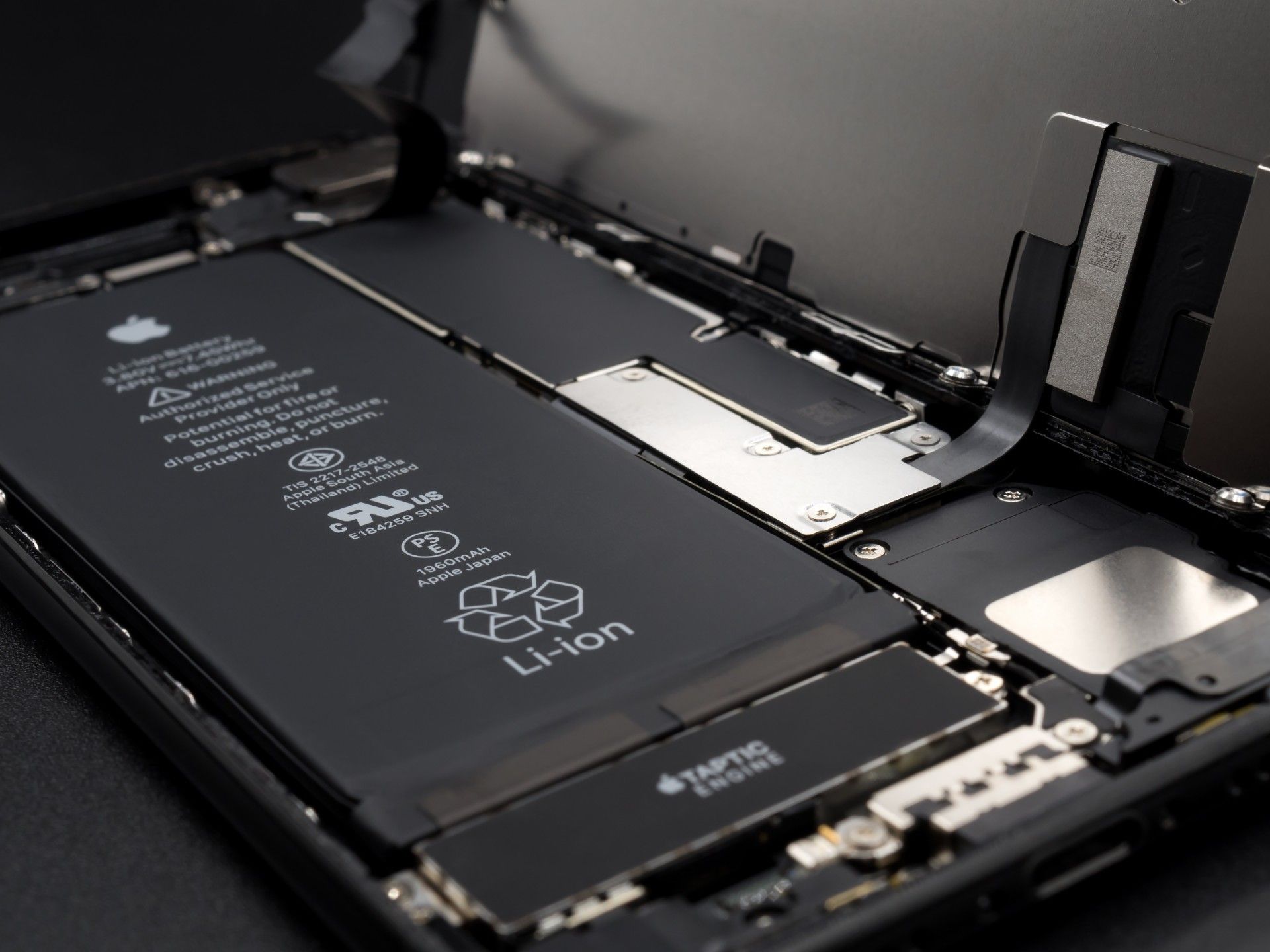



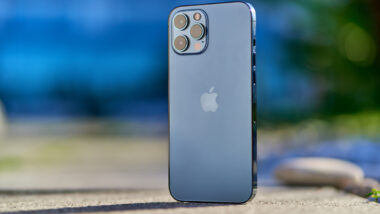

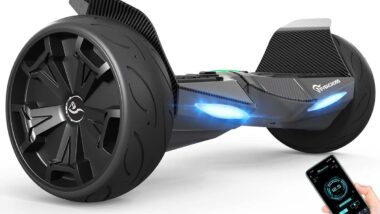

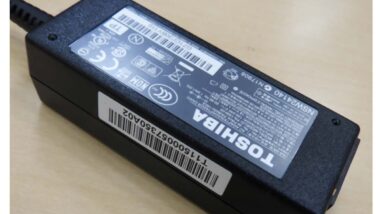



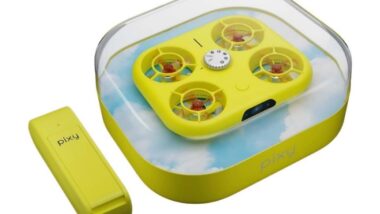
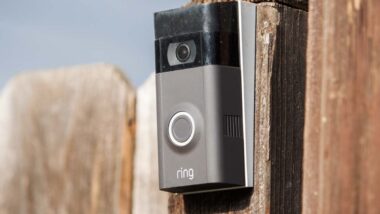

28 thoughts onAmazon Class Action Lawsuit Says Retailer Sells Dangerous Lithium-ion Batteries
My daughter is suing them now. But I loaned her my laptop while she was in college at LSU, she replaced the laptop battery from one she purchased on Amazon. The laptop exploded in her lap caught her on fire and her bed. She found a lawyer for her burns but I had to go stay with her for nearly a month, I replaced things in her house like bedding and pillows and shower curtains because of the fire or smoke damage. Hired and paid for a cleaning service. All to get her home back in order. I have not received any money for my expenses or replacement of the laptop.
I purchased a rechargeable battery charger for my security cameras. Thank God I was having a sleepless night. I heard a strange noise and got up to investigate only to discover a full fire a blaze.
Purchased a lithium ion replacement battery for my Dyson
add me
I purchased a Lithium ion battery from Amazon a few months ago for my daughters laptop. Is this a problem?
My daughter is suing them now. But I loaned her my laptop while she was in college at LSU, she replaced the laptop battery from one she purchased on Amazon. The laptop exploded in her lap caught her on fire and her bed. She found a lawyer for her burns but I had to go stay with her for nearly a month, I replaced things in her house like bedding and pillows and shower curtains because of the fire or smoke damage. Hired and paid for a cleaning service. All to get her home back in order. I have not received any money for my expenses or replacement of the laptop.
I purchased 1 Lithium ion battery …..brand: ARee from Amazon two months ago for my daughters laptop (ASUS Eee PC) . Is this one of the problem batteries? Thank you,
Please add me
I bought 2 18650 batteries with charger for my Vape device. The charger did not shut off when fully charged and eventually wouldn’t even turn green. One exploded in my vape and ruined it. I wouldn’t leave a negative comment on Amazon as I did once and was denied access to leaving any further feedback at all.
I bought a tablet from Amazon and the battery from within it expanded so much that it broke the back casing apart from the front. I still have the the tablet and battery but they are not stored together. I keep the battery in a sill tupperware container. It was crazy because my device wasn’t even on or being used at the time and it wasn’t in direct sunlight or on a charging port. I had it sitting on top of my dresser in off mode since I had just purchased a new tablet from Walmart and had been using the new one. It was setting there maybe three days before I realized that the battery was expanded. I only had the tablet for a few months in use too. Never seem anything like that before or since. Got pictures of it too.
Lithium battery Purchased from for my laptop ( MacBook ) and it then exploded on my bed !! Ruining my MacBook And starting a fire.